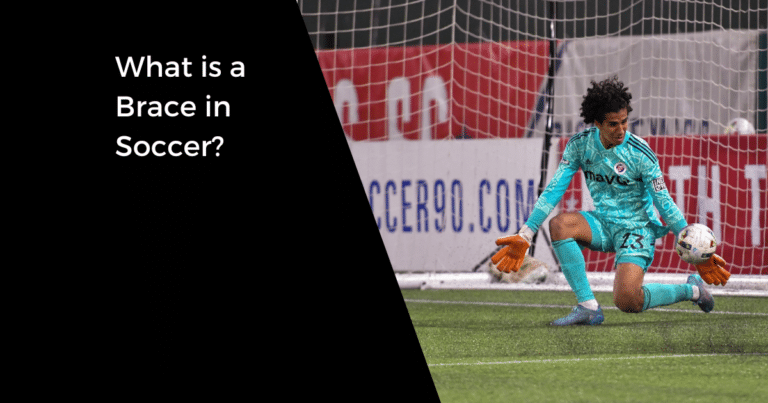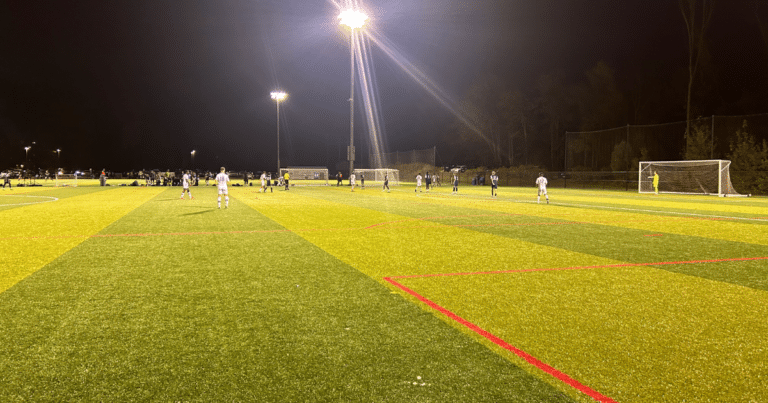Youth Soccer Game Times
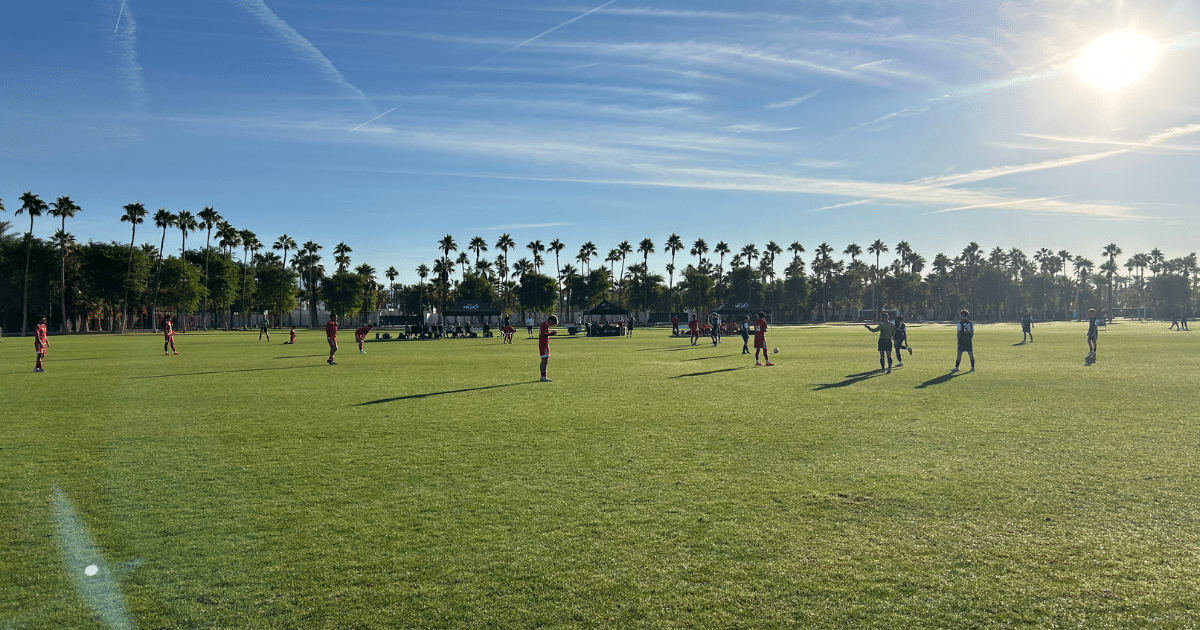
The Quick Answer: Youth soccer games typically run between 20 to 90 minutes, depending on the age group.
This gradual increase in game time helps young players build stamina and develop their skills without becoming overwhelmed.
How Long is a Typical Youth Soccer Game?
The progression in game length makes perfect sense when you think about children’s physical development. Here’s what you can expect:

U6 (Under 6): 20 minutes total (10-minute halves)
- Perfect for young attention spans
- Allows plenty of energy for active play
- Keeps the experience fun and engaging
U8: 40 minutes (20-minute halves)
- Introduces longer sustained activity
- Still maintains high energy levels
- Good balance of play and rest
U10: 50 minutes (25-minute halves)
- Builds additional endurance
- More time to develop team strategies
- Better flow to the game
U12: 60 minutes (30-minute halves)
- Approaching more serious play
- More tactical opportunities
- Enhanced skill development time
U14: 80 minutes (40-minute halves)
- Near full-game experience
- Significant endurance building
- More complex game strategies
U16 & Up: 90 minutes (45-minute halves)
- Full regulation time
- Complete soccer experience
- Maximum strategic development
Important Time Considerations
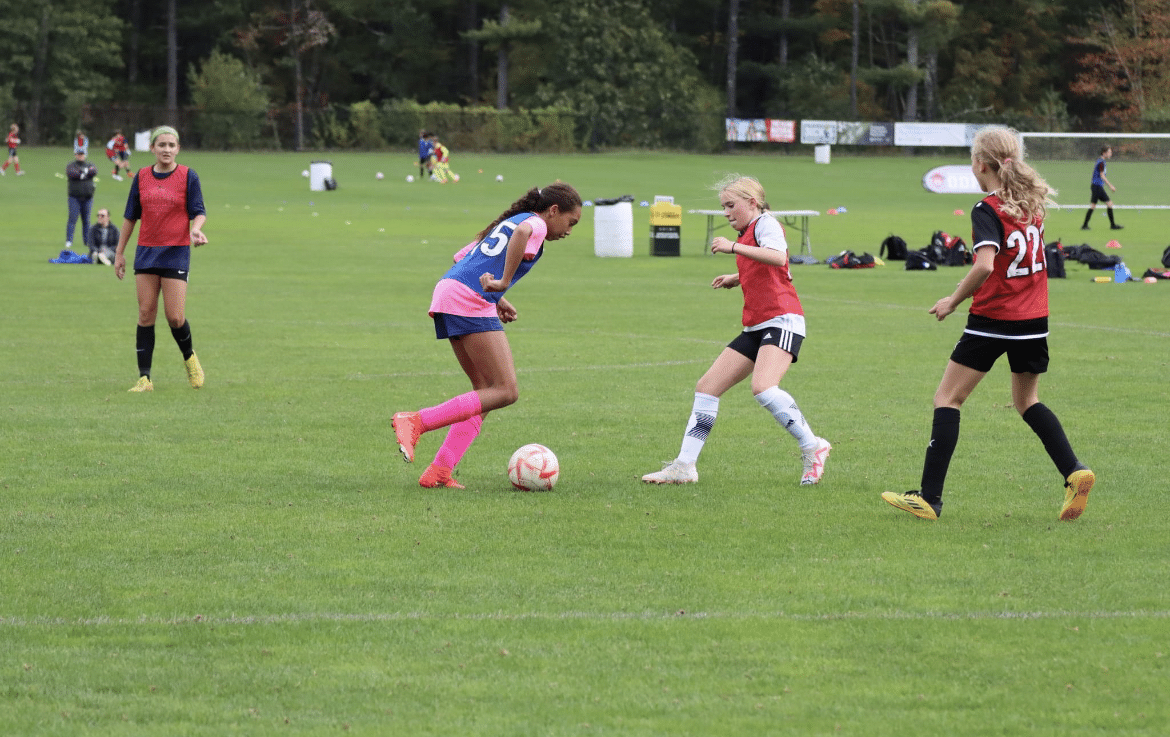
Halftime Breaks: Youth games typically have 5-10 minute halftimes, shorter than the professional 15-minute break. This keeps players warm and engaged while providing necessary rest.
Pre-Game Warmups: From my experience watching various youth levels, warmup times are crucial:
- 15-30 minutes is standard
- Usually includes progressive activities
- Should match game intensity without causing fatigue
A practical tip: I’ve noticed the most effective teams use a structured warmup routine that includes:
- Light jogging and dynamic stretching
- Ball control exercises
- Passing patterns
- Quick team strategy review
Overtime and Special Situations
- Regular season: Games typically end in ties
- Tournaments: May include short overtime periods
- Penalty kicks: Used in elimination games
Pro Parent Tips:
- Plan for extra time beyond the scheduled game duration
- Add 30 minutes to your schedule for unexpected delays
- Consider arrival time requirements (typically 30-45 minutes before kickoff)
- Remember that weather delays and tournaments can extend game time
From my observation of many youth soccer games, actual game time often runs about 15-20% longer than scheduled due to injuries, out-of-bounds plays, and other stoppages.
This is particularly true in younger age groups where the ball frequently leaves the field of play.
Final Thoughts
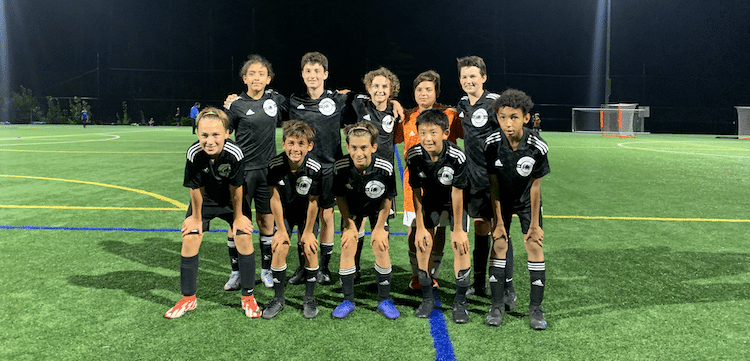
The beauty of youth soccer’s time format is its scalability – it grows with the players. While these times are standard, always check with your local league for specific rules.
Some regions might adjust game lengths based on factors like climate or competition level.
Remember, these structured game times are designed to optimize player development and enjoyment.
Whether you’re a parent, coach, or supporter, understanding these time frames helps everyone plan better and focus on what really matters: the kids having fun while developing their soccer skills.

Written By: SoccerNovo
SoccerNovo is an independent youth soccer media brand built to help parents, players, and coaches better understand the game and the pathways available in U.S. soccer. Our mission is to make youth soccer simpler, clearer, and more accessible for everyone involved in it.
Let’s connect


